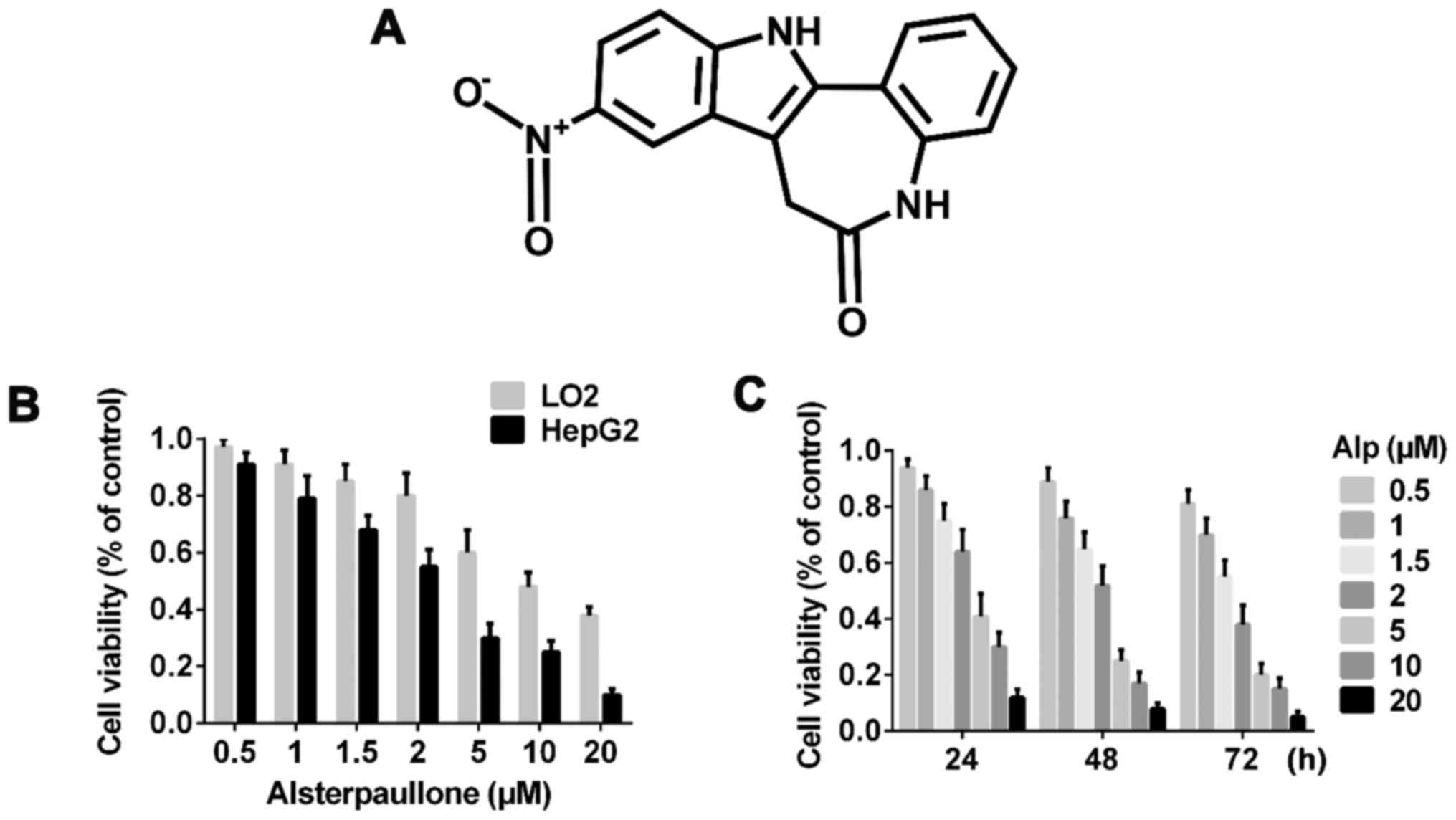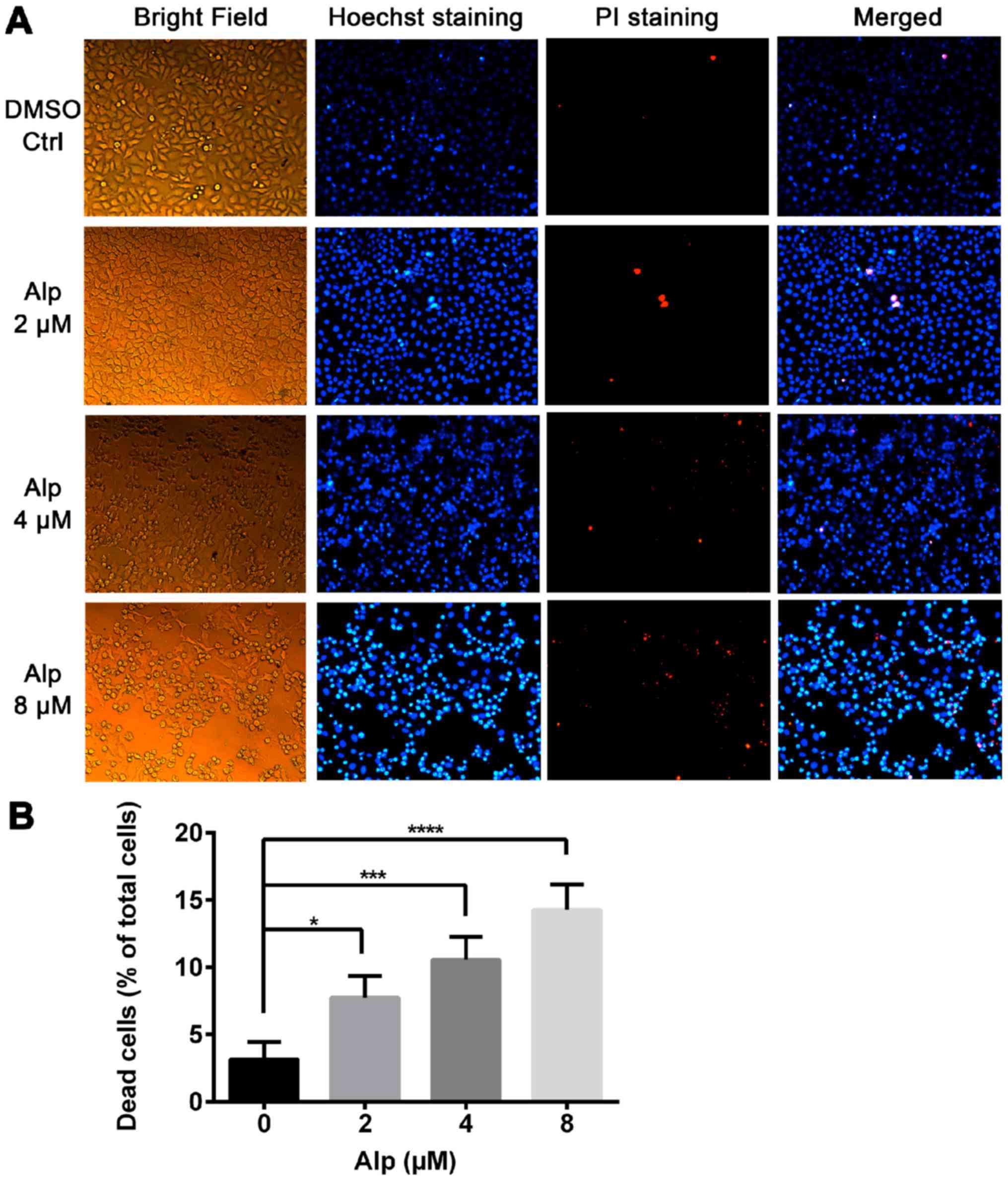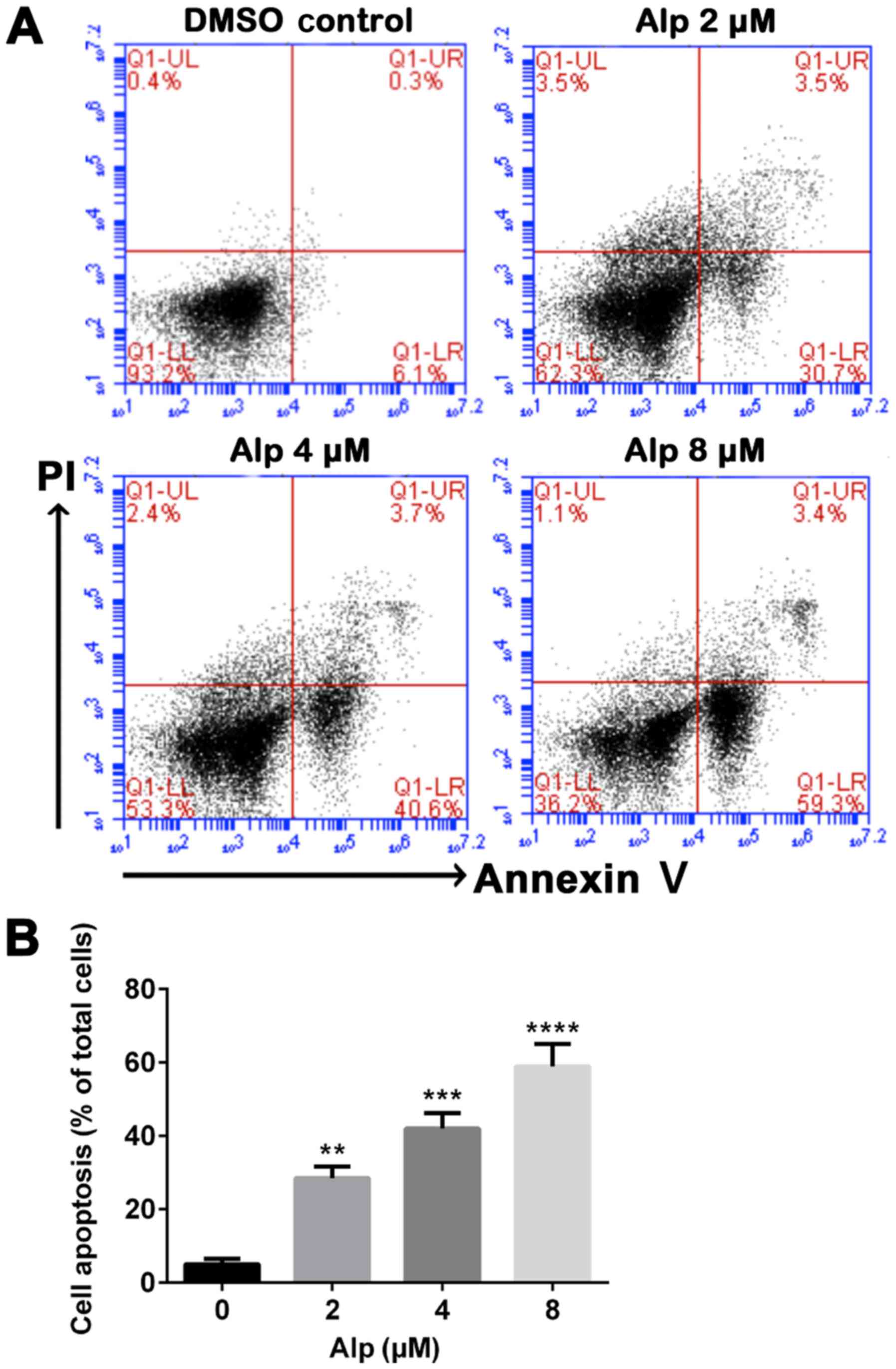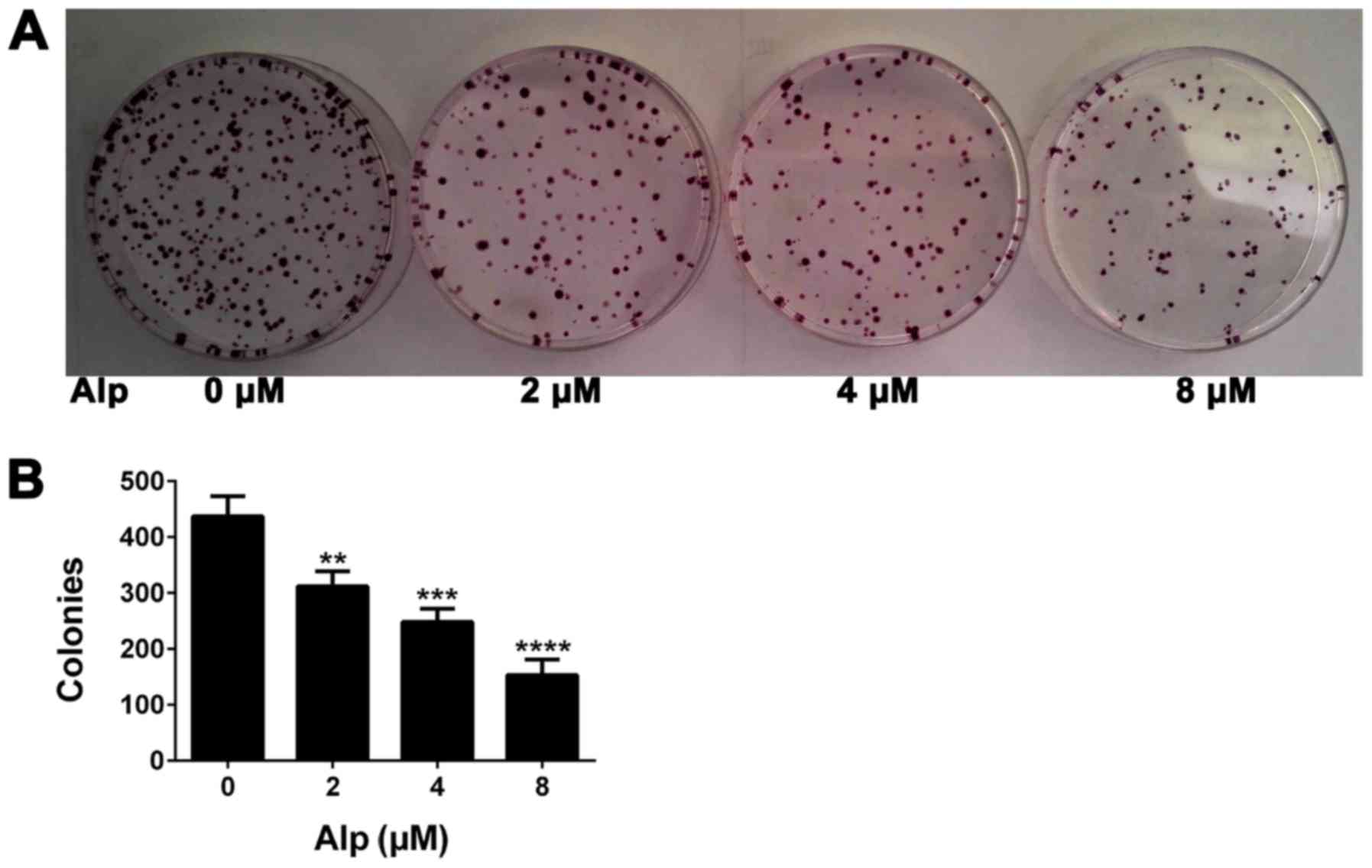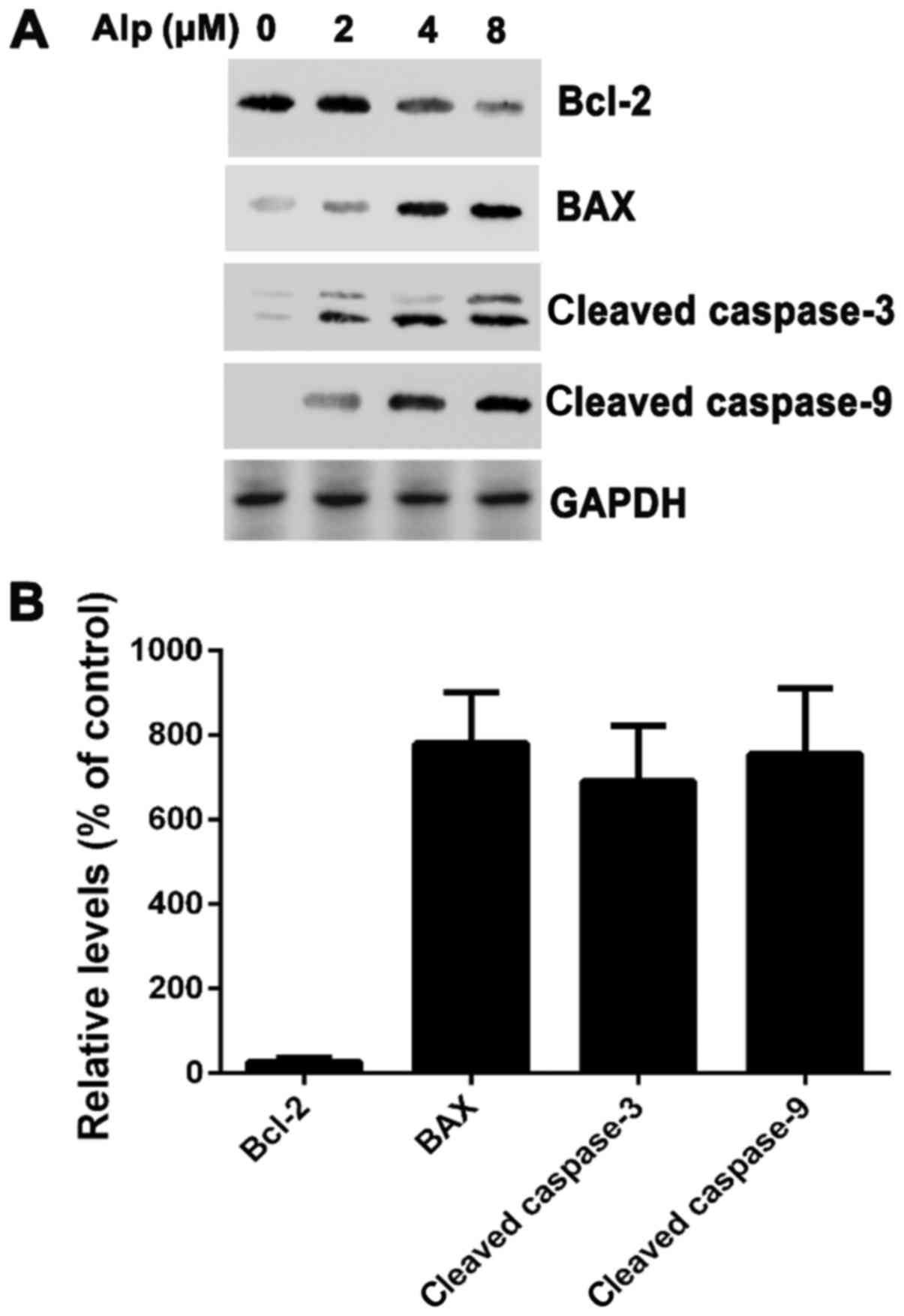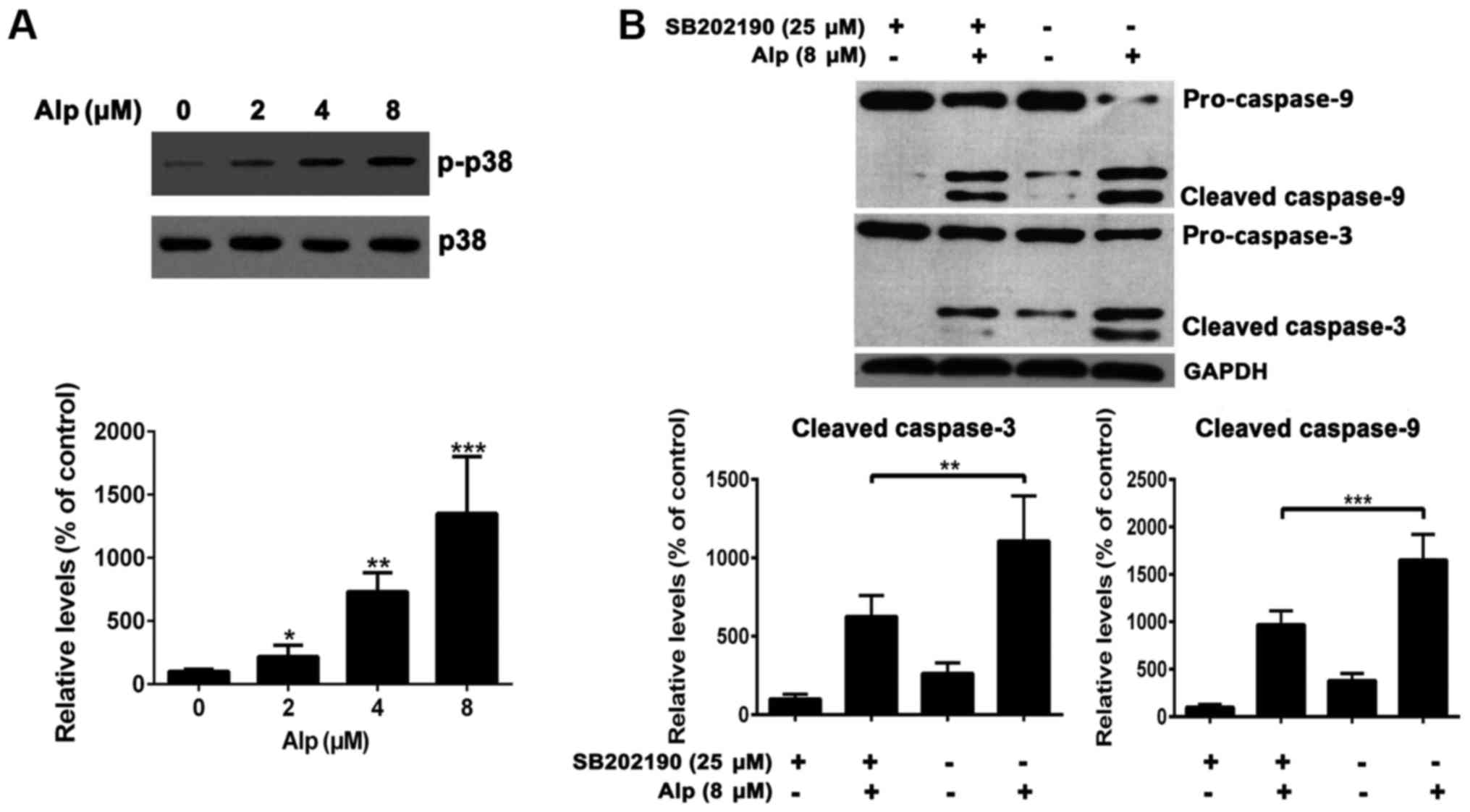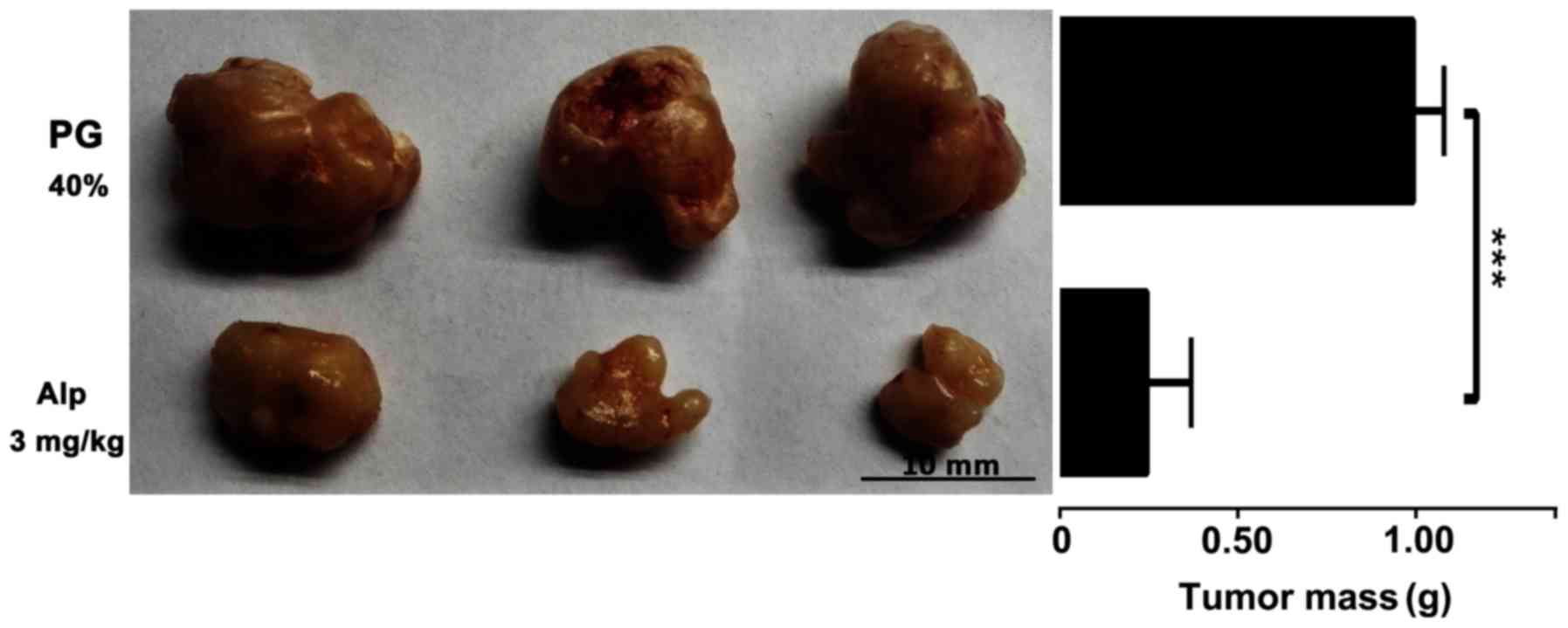|
1
|
Ismail H, Broniszczak D, Kaliciński P,
Dembowska-Bagińska B, Perek D, Teisseyre J, Kluge P, Kościesza A,
Lembas A and Markiewicz M: Changing treatment and outcome of
children with hepatoblastoma: Analysis of a single center
experience over the last 20 years. J Pediatr Surg. 47:1331–1339.
2012. View Article : Google Scholar : PubMed/NCBI
|
|
2
|
Czauderna P, Lopez-Terrada D, Hiyama E,
Häberle B, Malogolowkin MH and Meyers RL: Hepatoblastoma state of
the art: Pathology, genetics, risk stratification, and
chemotherapy. Curr Opin Pediatr. 26:19–28. 2014. View Article : Google Scholar : PubMed/NCBI
|
|
3
|
Finegold MJ, Lopez-Terrada DH, Bowen J,
Washington MK and Qualman SJ: College of American Pathologists:
Protocol for the examination of specimens from pediatric patients
with hepatoblastoma. Arch Pathol Lab Med. 131:520–529.
2007.PubMed/NCBI
|
|
4
|
Cohen MM Jr: Beckwith-Wiedemann syndrome:
Historical, clinicopathological, and etiopathogenetic perspectives.
Pediatr Dev Pathol. 8:287–304. 2005. View Article : Google Scholar : PubMed/NCBI
|
|
5
|
Cui C, Wang Y, Wang Y, Zhao M and Peng S:
Alsterpaullone, a cyclin-dependent kinase inhibitor, mediated
toxicity in HeLa cells through apoptosis-inducing effect. J Anal
Methods Chem. 2013:6020912013. View Article : Google Scholar : PubMed/NCBI
|
|
6
|
Schultz C, Link A, Leost M, Zaharevitz DW,
Gussio R, Sausville EA, Meijer L and Kunick C: Paullones, a series
of cyclin-dependent kinase inhibitors: Synthesis, evaluation of
CDK1/cyclin B inhibition, and in vitro antitumor activity. J Med
Chem. 42:2909–2919. 1999. View Article : Google Scholar : PubMed/NCBI
|
|
7
|
Martin CM and O'Leary JJ: Histology of
cervical intraepithelial neoplasia and the role of biomarkers. Best
Pract Res Clin Obstet Gynaecol. 25:605–615. 2011. View Article : Google Scholar : PubMed/NCBI
|
|
8
|
Lahusen T, De Siervi A, Kunick C and
Senderowicz AM: Alsterpaullone, a novel cyclin-dependent kinase
inhibitor, induces apoptosis by activation of caspase-9 due to
perturbation in mitochondrial membrane potential. Mol Carcinog.
36:183–194. 2003. View
Article : Google Scholar : PubMed/NCBI
|
|
9
|
Rivest P, Renaud M and Sanderson JT:
Proliferative and androgenic effects of indirubin derivatives in
LNCaP human prostate cancer cells at sub-apoptotic concentrations.
Chem Biol Interact. 189:177–185. 2011. View Article : Google Scholar : PubMed/NCBI
|
|
10
|
Soni DV and Jacobberger JW: Inhibition of
cdk1 by alsterpaullone and thioflavopiridol correlates with
increased transit time from mid G2 through prophase. Cell Cycle.
3:349–357. 2004. View Article : Google Scholar : PubMed/NCBI
|
|
11
|
Faria CC, Agnihotri S, Mack SC, Golbourn
BJ, Diaz RJ, Olsen S, Bryant M, Bebenek M, Wang X, Bertrand KC, et
al: Identification of alsterpaullone as a novel small molecule
inhibitor to target group 3 medulloblastoma. Oncotarget.
6:21718–21729. 2015. View Article : Google Scholar : PubMed/NCBI
|
|
12
|
Takai N, Kira N, Ishii T, Nishida M, Nasu
K and Narahara H: Novel chemotherapy using histone deacetylase
inhibitors in cervical cancer. Asian Pac J Cancer Prev. 12:575–580.
2011.PubMed/NCBI
|
|
13
|
Arion VB, Dobrov A, Göschl S, Jakupec MA,
Keppler BK and Rapta P: Ruthenium- and osmium-arene-based paullones
bearing a TEMPO free-radical unit as potential anticancer drugs.
Chem Commun (Camb). 48:8559–8561. 2012. View Article : Google Scholar : PubMed/NCBI
|
|
14
|
Overington JP, Al-Lazikani B and Hopkins
AL: How many drug targets are there? Nat Rev Drug Discov.
5:993–996. 2006. View
Article : Google Scholar : PubMed/NCBI
|
|
15
|
Imming P, Sinning C and Meyer A: Drugs,
their targets and the nature and number of drug targets. Nat Rev
Drug Discov. 5:821–834. 2006. View
Article : Google Scholar : PubMed/NCBI
|
|
16
|
Berman HM, Westbrook J, Feng Z, Gilliland
G, Bhat TN, Weissig H, Shindyalov IN and Bourne PE: The protein
data bank. Nucleic Acids Res. 28:235–242. 2000. View Article : Google Scholar : PubMed/NCBI
|
|
17
|
Min J, Huang K, Tang H, Ding X, Qi C, Qin
X and Xu Z: Phloretin induces apoptosis of non-small cell lung
carcinoma A549 cells via JNK1/2 and p38 MAPK pathways. Oncol Rep.
34:2871–2879. 2015. View Article : Google Scholar : PubMed/NCBI
|
|
18
|
Watanabe K: Current chemotherapeutic
approaches for hepatoblastoma. Int J Clin Oncol. 18:955–961. 2013.
View Article : Google Scholar : PubMed/NCBI
|
|
19
|
Katzenstein HM, London WB, Douglass EC,
Reynolds M, Plaschkes J, Finegold MJ and Bowman LC: Treatment of
unresectable and metastatic hepatoblastoma: A pediatric oncology
group phase II study. J Clin Oncol. 20:3438–3444. 2002. View Article : Google Scholar : PubMed/NCBI
|
|
20
|
Brown J, Perilongo G, Shafford E, Keeling
J, Pritchard J, Brock P, Dicks-Mireaux C, Phillips A, Vos A and
Plaschkes J: Pretreatment prognostic factors for children with
hepatoblastoma-results from the International Society of Paediatric
Oncology (SIOP) study SIOPEL 1. Eur J Cancer. 36:1418–1425. 2000.
View Article : Google Scholar : PubMed/NCBI
|
|
21
|
Kumar S and Lavin MF: The ICE family of
cysteine proteases as effectors of cell death. Cell Death Differ.
3:255–267. 1996.PubMed/NCBI
|
|
22
|
Nicholson DW and Thornberry NA: Caspases:
Killer proteases. Trends Biochem Sci. 22:299–306. 1997. View Article : Google Scholar : PubMed/NCBI
|
|
23
|
Oltvai ZN and Korsmeyer SJ: Checkpoints of
dueling dimers foil death wishes. Cell. 79:189–192. 1994.
View Article : Google Scholar : PubMed/NCBI
|
|
24
|
Strasser A, O'Connor L and Dixit VM:
Apoptosis signaling. Annu Rev Biochem. 69:217–245. 2000. View Article : Google Scholar : PubMed/NCBI
|
|
25
|
Alnemri ES, Livingston DJ, Nicholson DW,
Salvesen G, Thornberry NA, Wong WW and Yuan J: Human ICE/CED-3
protease nomenclature. Cell. 87:1711996. View Article : Google Scholar : PubMed/NCBI
|
|
26
|
Thornberry NA and Lazebnik Y: Caspases:
Enemies within. Science. 281:1312–1316. 1998. View Article : Google Scholar : PubMed/NCBI
|
|
27
|
Park WH and Kim SH: MAPK inhibitors
augment gallic acid-induced A549 lung cancer cell death through the
enhancement of glutathione depletion. Oncol Rep. 30:513–519. 2013.
View Article : Google Scholar : PubMed/NCBI
|
|
28
|
Esmaeili MA, Farimani MM and Kiaei M:
Anticancer effect of calycopterin via PI3K/Akt and MAPK signaling
pathways, ROS-mediated pathway and mitochondrial dysfunction in
hepatoblastoma cancer (HepG2) cells. Mol Cell Biochem. 397:17–31.
2014. View Article : Google Scholar : PubMed/NCBI
|
|
29
|
Cui Y, Lu P, Song G, Liu Q, Zhu D and Liu
X: Involvement of PI3K/Akt, ERK and p38 signaling pathways in
emodin-mediated extrinsic and intrinsic human hepatoblastoma cell
apoptosis. Food Chem Toxicol. 92:26–37. 2016. View Article : Google Scholar : PubMed/NCBI
|















